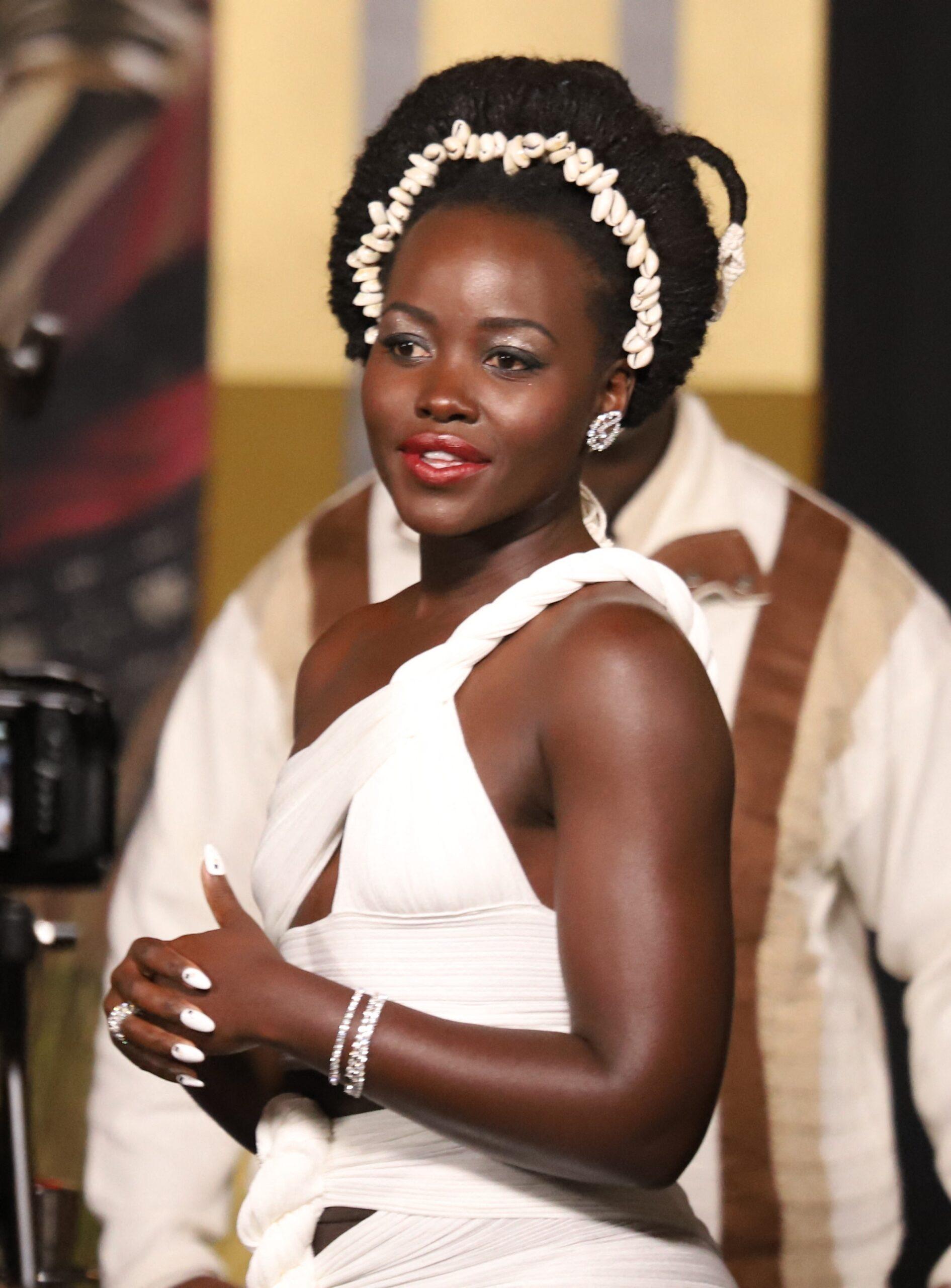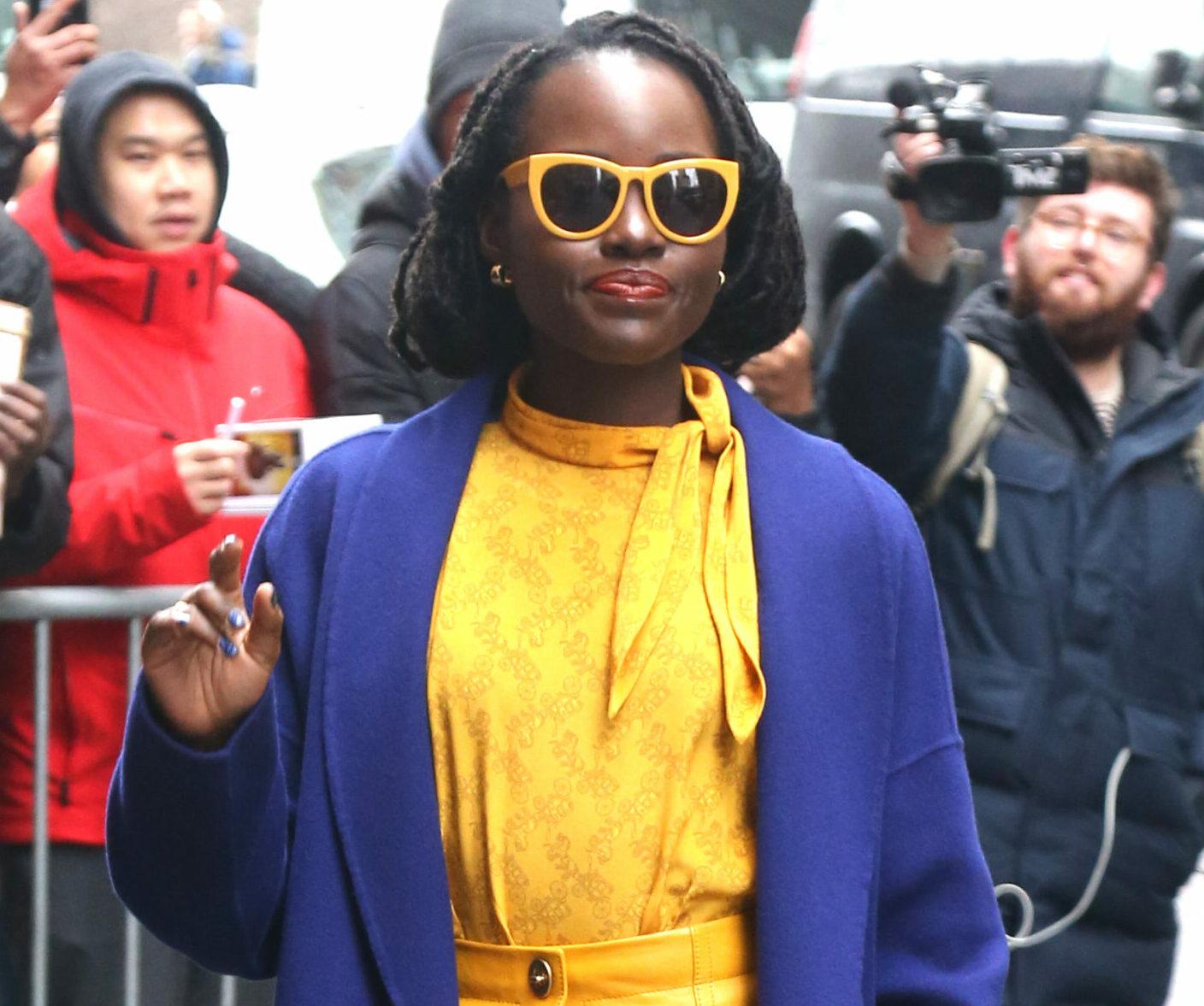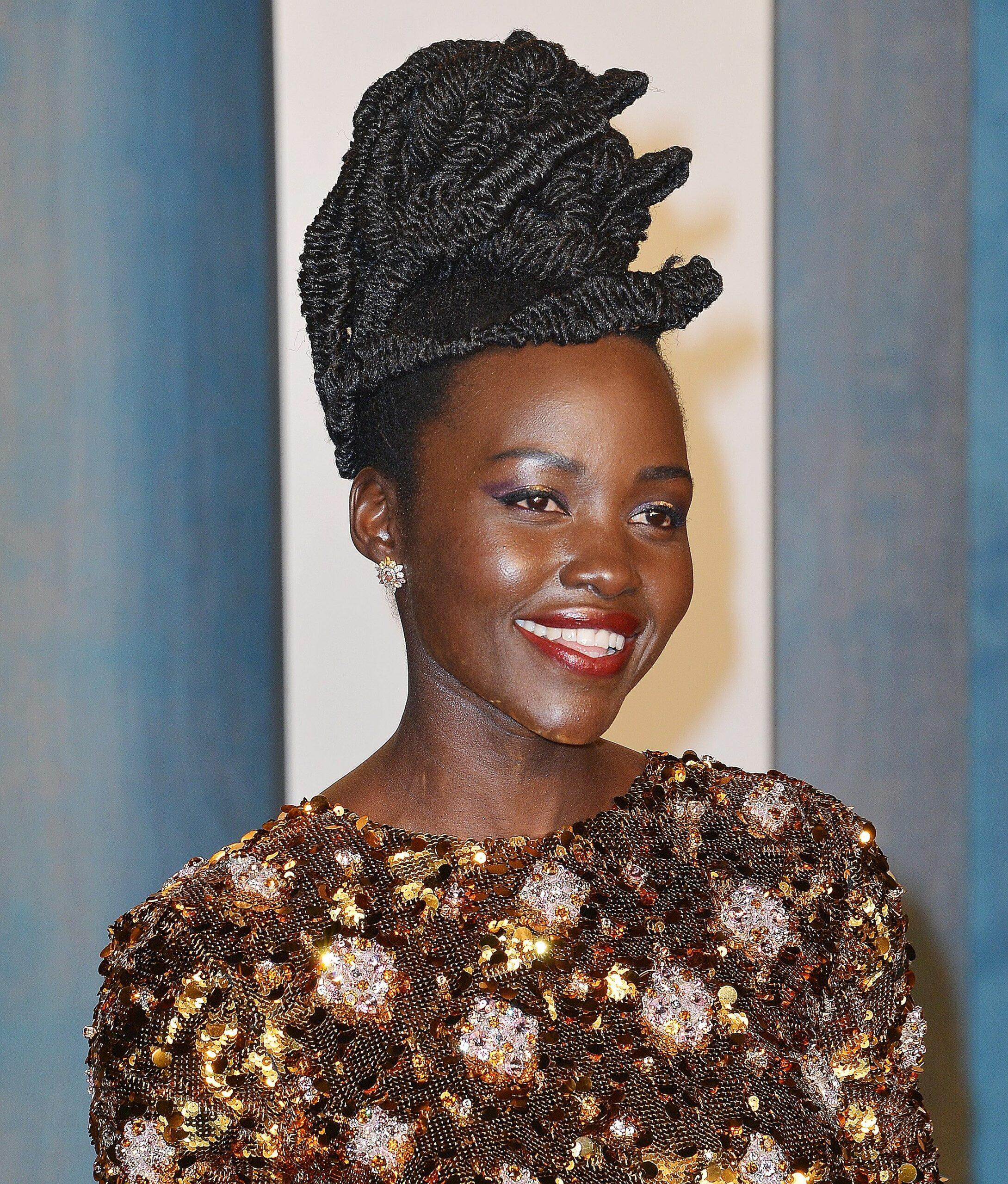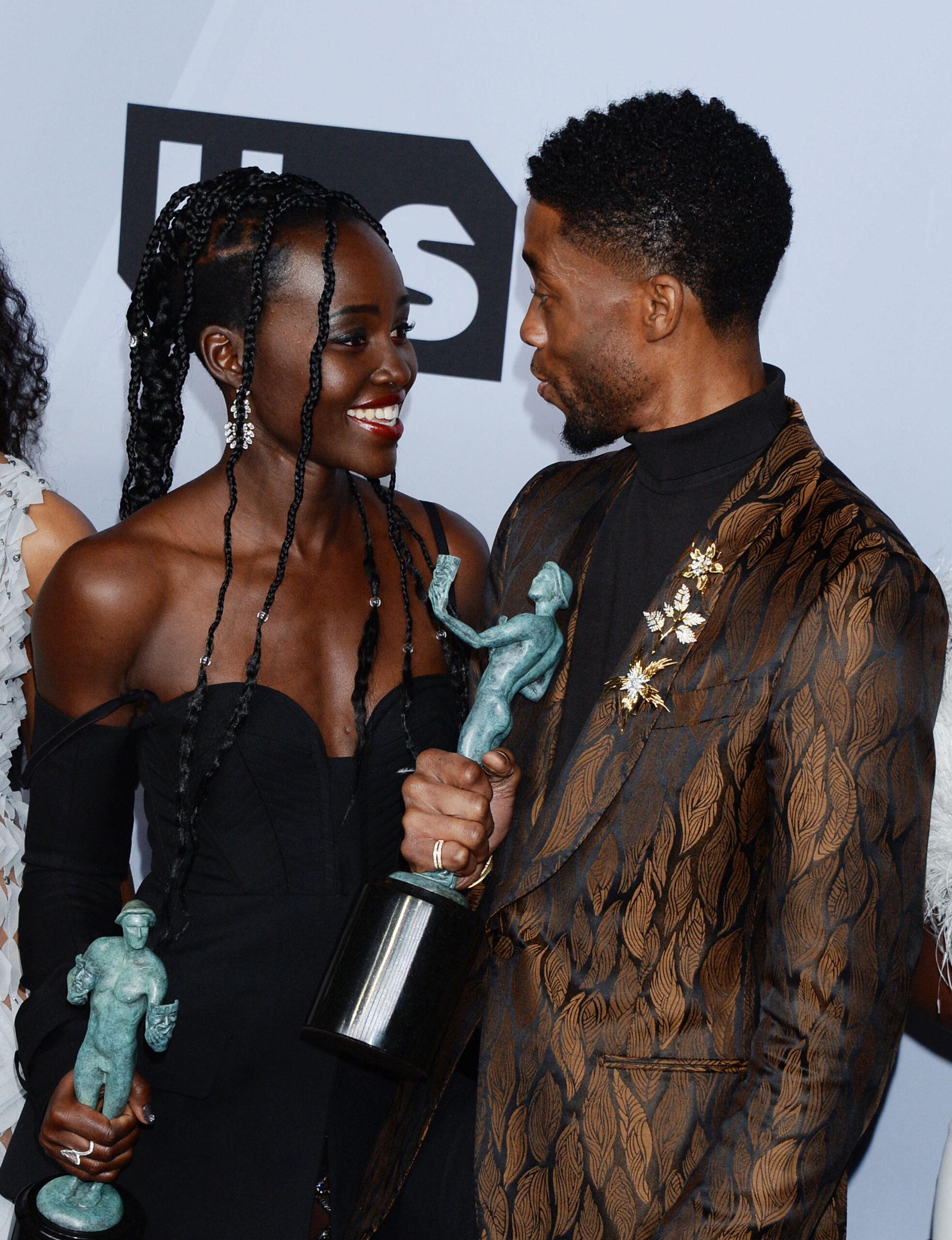Ever wonder what it’s like to win an Oscar on your very first try, only to realize Hollywood’s crystal ball had a much narrower vision for you than your own? Yeah, Lupita Nyong’o found herself right in that cosmic conundrum — like Mercury retrograde messing with career vibes just when she thought the stars had aligned perfectly. After dazzling us all in “12 Years a Slave,” instead of a galaxy of roles, her inbox got flooded with reruns of the same old painful stereotype. Talk about a plot twist! But Nyong’o didn’t just sit back and let the industry box her in; she set out to shatter those confines, rewriting the narrative of Black womanhood with the fierce grace of a true star. Ready to dive into the emotional and artistic battles she waged beyond the red carpet? Well, buckle up—it’s a story of resilience, heartbreak, and rewriting the script of what it means to shine on your own terms. LEARN MORE
Lupita Nyong’o may have won an Oscar for her very first film role, but she quickly discovered that Hollywood’s imagination for her talent was far smaller than her own.
Instead of the wide-ranging opportunities she expected after “12 Years a Slave,” she was met with offers that pushed her toward one narrow, painful stereotype, forcing her to challenge the industry’s limited vision of Black womanhood.
Article continues below advertisement
Winning an Academy Award should have been the moment the industry opened its doors wide for Nyong’o. Instead, she says her inbox filled with variations of the same role.
As she told CNN, “My winning an Academy Award came at the very start of my career… So, it really did set the paces for everything I’ve done since.”
Rather than the leading roles she anticipated, she received offers that echoed her debut performance.
Nyong’o explained, “What’s very interesting is that after I won the Academy Award, you’d think like, ‘Oh, I’m going to get the lead roles here and there.’ But it’s ‘Oh, Lupita. We’d like you to do another movie where you’re a slave but this time you’re on a slave ship.’”
Those, she said, were the offers arriving “in the months after winning my Academy Award.”
Article continues below advertisement
Her early career success became both a blessing and a trap and she found herself pushing back before others could reduce her artistry to one archetype.
Article continues below advertisement

For Nyong’o, the weeks after her historic victory were emotionally fragile.
“It was a very tender time,” she said, describing how the public projected predictions onto her future, asking whether this African woman’s career was destined to soar or crumble. Headlines and think pieces speculated loudly while she tried to stay grounded.
She revealed the internal pressure she felt, noting, “I had to deafen myself to all those pontificators because at the end of the day I am not a theory. I am an actual person.”
Her goal, she said, was to serve as a “joyful warrior” in shifting how African identities are depicted.
Article continues below advertisement
That mission informed her choices. As she explained, “If that means I work one less job a year to ensure that I am not perpetuating these stereotypes that are expected of people from my content then let me do that.”
She refused to betray her values simply because Hollywood lacked imagination.
Article continues below advertisement

Instead of accepting the narrow roles she was offered, Nyong’o broke into blockbuster territory.
She stepped into the “Star Wars” universe as Maz Kanata, joined Marvel’s “Black Panther” as Nakia, and added acclaimed work like “Queen of Katwe,” “Us,” and “A Quiet Place: Day One.”
However, while her résumé expanded beyond the confines of early typecasting, the pressure to fit into Hollywood’s expectations followed her in other ways.

In a 2024 podcast episode with Trevor Noah, Nyong’o revealed the emotional complexity behind adjusting her accent for American roles. She admitted it “felt like a betrayal” when she first allowed her voice to transform.
Drama school was the start of that journey. “The first permission I gave myself to change my accent or allow my accent to transform was going to drama school,” she said, explaining that she wanted to understand her own instrument, not just rely on instinct.
Learning accents became part of that training. But applying that new accent outside the classroom was painful.
Nyong’o confessed, “Making those new sounds in a context that wasn’t the classroom felt like betrayal… I didn’t feel like myself and I cried many nights to sleep…many, many nights.”
Article continues below advertisement

Nyong’o has also endured some heartbreaking losses in her Hollywood career, most notably the death of her “Black Panther” costar, Boseman. At a Screen Talk event during the BFI London Film Festival last year, she opened up about the deep emotional impact of losing the beloved actor and close friend. When shown a scene featuring her character and Boseman’s T’Challa, she grew quiet, overwhelmed by the memories tied to the moment.
As reported by The Blast, she revealed that she has not been able to watch “Black Panther” since Boseman’s death in 2020.
“The grief is the love, and no place to put it,” she said.
When asked if she wanted to move on from the discussion, she declined, explaining, “No, no… It’s fine. I don’t want to run away from the tears or the grief. You just live with it. That experience will never be separate from the love that was formed.”
Nyong’o added that the pain remains ever-present.
“I watch this clip and I’m filled with grief and I don’t know whether I’ll ever be done shedding my tears from losing my friend,” she shared. “But I’m like, we get to see him alive. And that’s so wonderful.”
Auto Amazon Links: No products found.

This will close in 0 seconds
This will close in 0 seconds